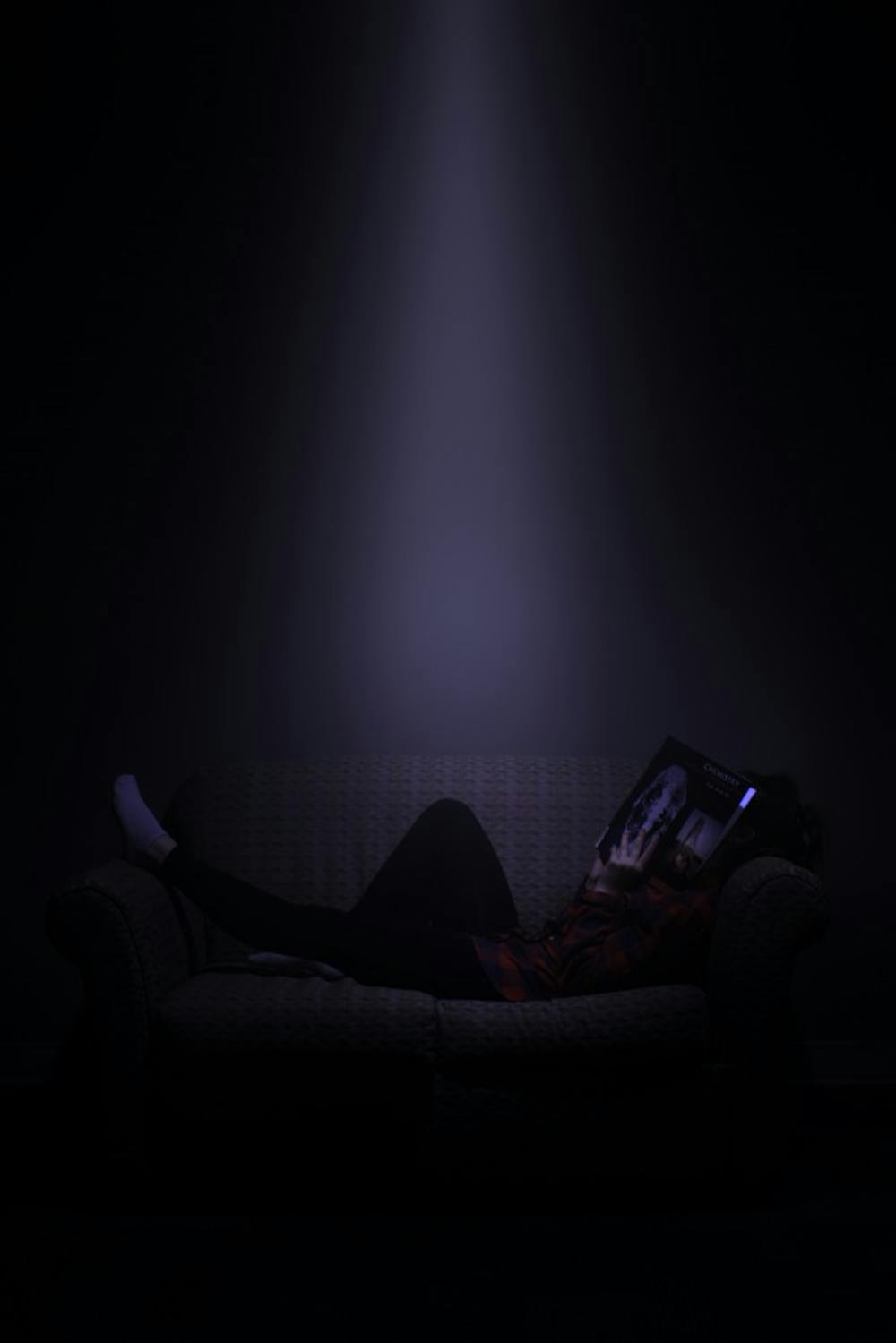It probably comes as no surprise to most USC students that a 2014 study sponsored by the NCBI found that 50 percent of college students experience daytime sleepiness and another 70 percent were found to get an insufficient amount of sleep.
For many on campus, balancing the academic and social expectations of campus along with self-care and attaining a sufficient amount of sleep is a task that is impossible to satisfy. Nevertheless, sleep scientists say that there are a few options for improving the quality of your sleep that may be easier to do than simply trying to get more.
For starters, experts say that recognizing what your average quality of sleep is should be your first step in making any changes. “It’s always tough getting out of bed in the morning, but once I am up, I feel pretty refreshed and ready for the day,” says Jacob King, a freshman who lives on campus in a residence hall. King added that he thinks his overall sleep quality is “very good.”
Still, hours spent in bed alone are not enough to keep you going during the day. Research has shown that getting the target seven hours of sleep may only be part of the picture — sleep hygiene, as it is coined, is more significant in most cases. Sleep hygiene refers to a number of factors that affect the overall quality of sleep.
Improving your sleep hygiene can be accomplished in several ways. Experts recommend, for example, avoiding stimulants like caffeine close to bedtime. Certain foods, especially those that are fried or spicy, can also disrupt sleep if consumed too close to laying down. Research has shown that people who exercise regularly generally have better levels of sleep hygiene as well as a more consistent sleep schedule altogether. It is cautioned, however, that you do not exercise too close to going to bed, as the energy spike can prevent sleep from being restful.
Light exposure is also a key factor. Research has shown that excessive blue light exposure (the type of light emitted from phones and computers) prior to laying down can greatly interfere with the production of melatonin, the hormone that helps control your sleeping and waking cycles. Allowing natural light into your room in the morning may also help wake you up gently, but more importantly, limiting your exposure to blue light from electronic devices at least an hour prior to going to sleep is essential. Experts warn that while you may be able to fall asleep right after you lock your cell phone, the sleep you are getting is not as restful as sleep that isn’t mired with blue light exposure.
This also means that televisions in the room should be turned off prior to sleeping. While many assert that the television helps them sleep, the same principle above applies here: blue light exposure will greatly reduce the quality of the sleep you get.
Your body operates based on an internal clock known as your circadian rhythms. Essentially, this clock programs itself to operate based on when you go to sleep and when you wake up. Thus, consistency is the number one key to restful sleep — that is, going to sleep at the same time every night and waking up at the same time every morning. This means skipping the temptation to sleep in on the weekends, although some have posited that it is possible to repay some of your sleep debt by snoozing for a few hours longer on the weekend. For many college students, however, such consistency is impossible due to class scheduling. After all, nobody wants to get up any earlier than they must. Nevertheless, experts say going to bed and waking up at the same time every day of the week is considered to be one of the single most powerful ways one can improve their overall sleep hygiene.
But what about if you can’t do any of these things, and you feel tired during the day? Hours of sleep missed contributes to a running sleep debt which some researchers say cannot be paid back. Many attempt to supplement a lack of restful nighttime sleep via napping, but the unfortunate truth is that napping for longer than periods of thirty minutes actually interferes with your ability to sleep at night. Even worse, hours regained through napping do not actually pay anything on your sleep debt — so napping irresponsibly is even worse than skipping the nap altogether.
While altogether, sleeping the proper way may seem like an impossible task, even adhering to just one of the recommendations given by sleep experts can go a long way in reducing daytime sleepiness and the temptation to doze off in class.



